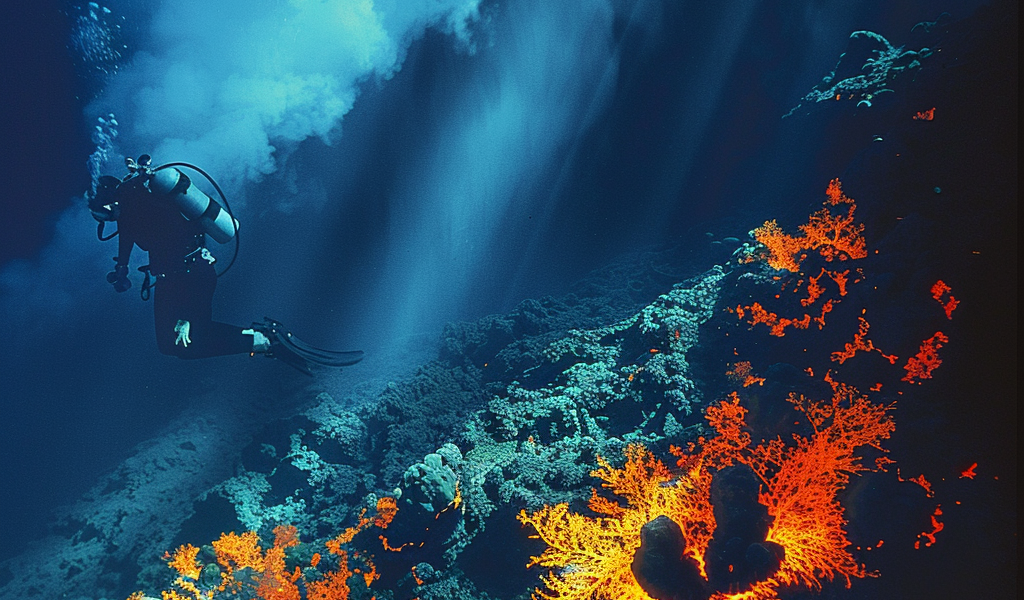The ongoing battle against climate change has taken an intriguing turn with the discovery of a new bacterium, UTEX 3222, affectionately dubbed “Chonkus.” This microorganism, found in the extreme environments of volcanic ocean vents, has shown remarkable potential for reducing atmospheric carbon dioxide levels, sparking interest among scientists and environmentalists alike.
Chonkus is a type of cyanobacterium, often mistakenly referred to as blue-green algae. These aquatic organisms have the unique ability to photosynthesize, much like plants, absorbing light and carbon dioxide to produce their own food. However, what sets Chonkus apart from its green counterparts is its extraordinary capacity to concentrate and consume carbon dioxide, making it a promising candidate for carbon capture technologies.
A recent study published in the journal Applied and Environmental Microbiology highlights Chonkus’s exceptional atmosphere-cleaning capabilities, which may surpass those of more commonly studied microorganisms. The researchers believe that with further investigation and potential genetic engineering, Chonkus could be transformed into a highly efficient carbon capture system, significantly contributing to efforts to combat climate change.
Microbiologist Braden Tierney, one of the lead authors of the study, emphasizes the importance of exploring the biodiversity found in extreme environments like volcanic vents. He notes that this discovery is just the tip of the iceberg, stating, “There’s no question we’ll keep finding really, really interesting biology in these vents. I can’t stress enough that this was just the first expedition.” The excitement surrounding the isolation of new organisms in such unique habitats points to the potential for groundbreaking advancements in environmental science.
During a research expedition in September 2022, Tierney and a team from the University of Palermo in Italy explored the waters surrounding Vulcano, an island in the Aeolian archipelago. Their findings suggest that the unique characteristics of organisms like Chonkus, which evolve in extreme conditions, could hold the key to innovative solutions for climate issues.
As the world grapples with the effects of climate change, the discovery of microorganisms capable of efficiently capturing carbon presents a glimmer of hope. Scientists are now focused on understanding the genetic makeup of Chonkus and determining how to harness its natural abilities for practical applications in carbon reduction.
This new ally in the fight against climate change underscores the importance of continued research and exploration of the planet’s most extreme environments. The potential for microorganisms to play a pivotal role in mitigating climate change is vast, and as researchers delve deeper into these uncharted territories, they may uncover even more solutions to help protect our planet.
In conclusion, the discovery of Chonkus represents a significant step forward in the quest for innovative climate solutions. As scientists continue to study this remarkable bacterium and others like it, the hope is that they will unlock new methods for reducing atmospheric carbon and addressing the pressing challenges posed by climate change.





